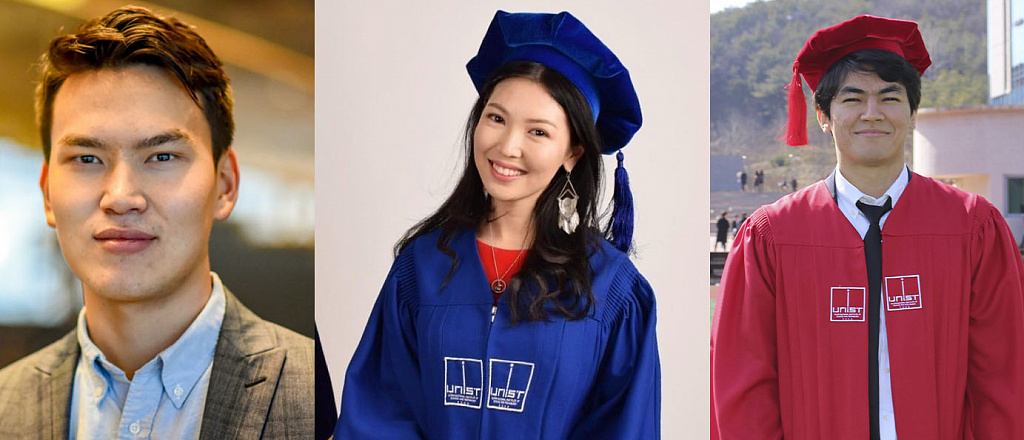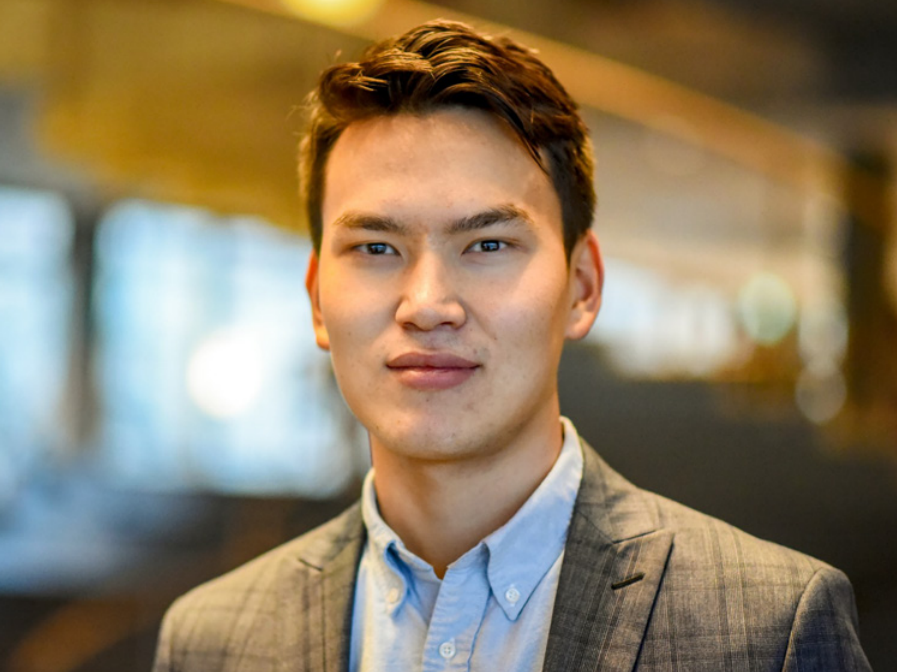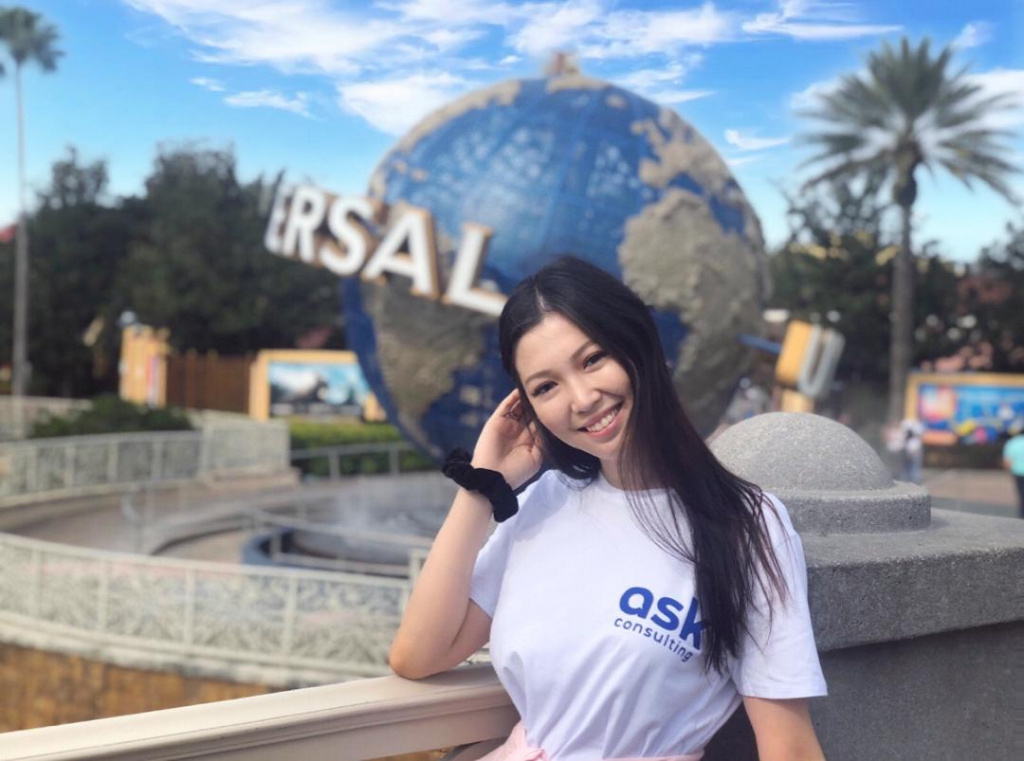Temur Makhsudov, 24 years old, city — Copenhagen, e-commerce, and business analytics manager, Facebook
About admission
I graduated from UNIST in August 2017. Since childhood, I wanted to study abroad, as I realized that this has opened up many opportunities. This is one of the few ways to open the world for a boy from the small town of Nukus in Uzbekistan. In the second year of college, I learned from a friend about a young ambitious university where education is in English, and if you prepare, you can win a grant. I applied and got in.
UNIST operates based on the American credit system. Before the semester, the student chooses the subjects that they want to study. But there are also mandatory ones. A student can get two majors: major and minor. For me, it's Finance and Management.
The first semester of study is free and a scholarship is allocated, further depends on the student's academic performance — GPA
For admission, you need a certificate of English language proficiency — IELTS/TOEFL, a motivational letter, and an extract with grades in English. Extracurricular activities are valued — sports, music, chess, and other hobbies. The first semester is free of charge and a scholarship is allocated, which depends on the student's progress-GPA. A hostel is provided, and the cafeteria on the campus is inexpensive. You can work as a teacher's assistant, check exams, improve your knowledge of Junior courses in higher mathematics, physics, and other subjects. The University has a hub for Korean and foreign students, where English is taught.
About the atmosphere
The University has many students from Central Asia. An agreement has been signed with Turkish lyceums. Students come at a young age when they want to make friends, so the atmosphere is open and friendly. They organize sports, cultural events, and events such as International Day, when different cultures, national dishes, costumes, games, songs, and dances are presented. The administration helps foreign students integrate into Korean culture.
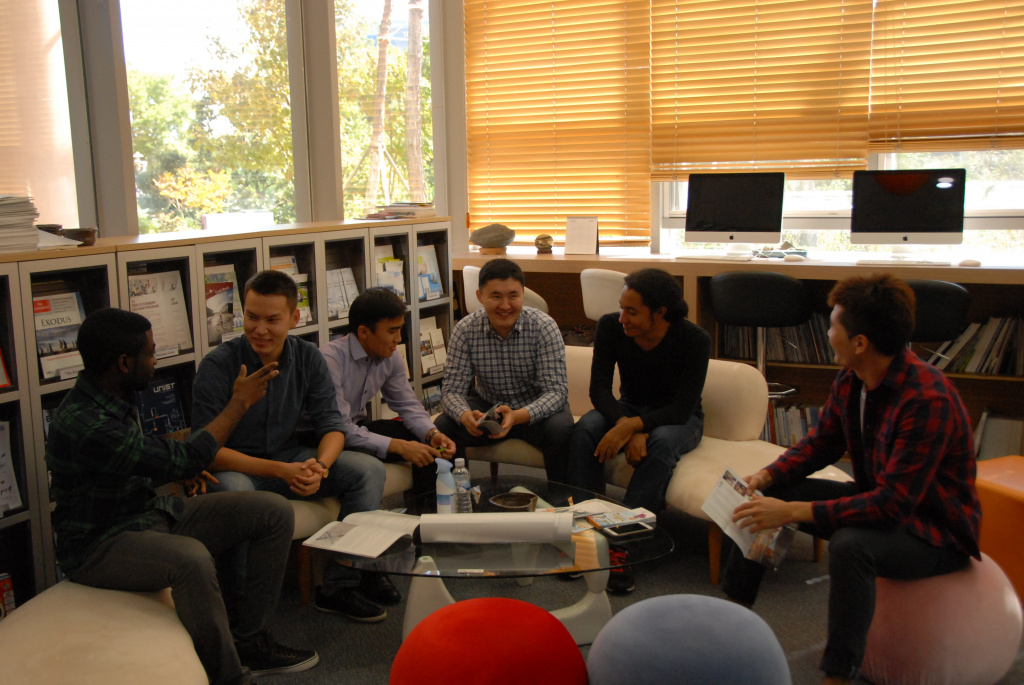
UNIST taught us not to be afraid of novelty. I was seventeen years old when I left my home, family, and friends. The University helped to become open to a new environment, country, and something unfamiliar.
Who is a UNIST student
UNIST — Ulsan National Institute of Science and Technology. Therefore, it has a lot of engineers, and this contributes to the development of the stereotype of nerds. The trait of students is ambition, the desire to grow comprehensively.
About the alumni community
Graduates live in all parts of the world. I communicate with people in Korea, Turkey, Mongolia, Singapore, and Europe.
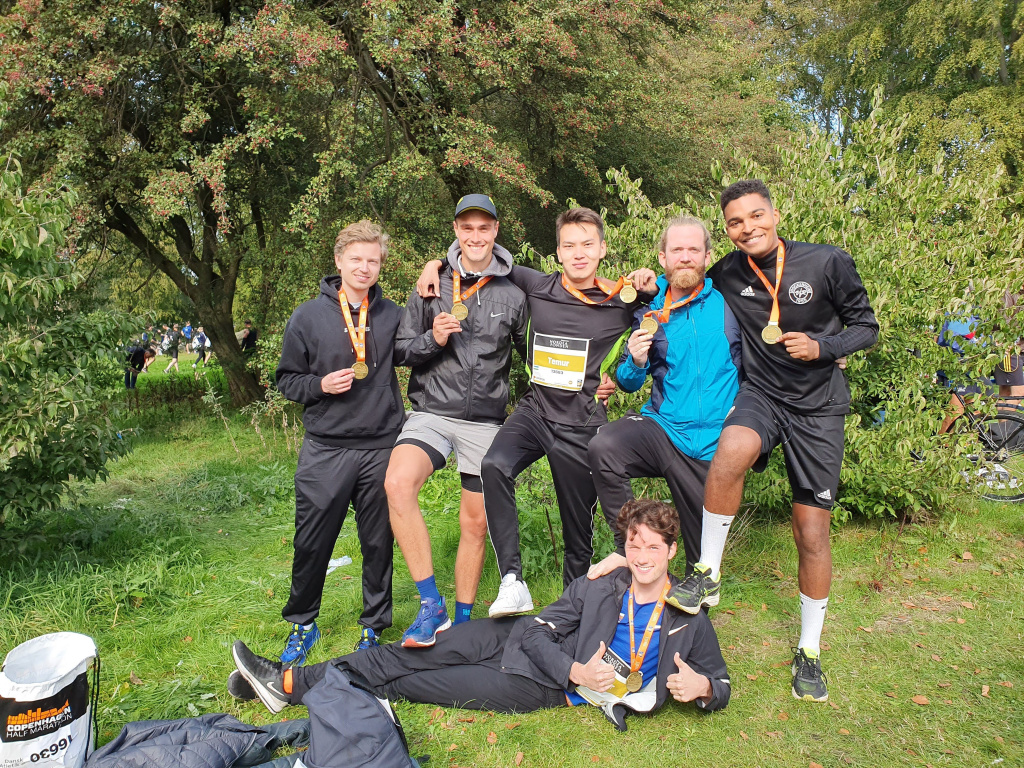
There are communities of different countries, for example, graduates from Kazakhstan or Kyrgyzstan. It is important to be inspired and have people who support you in your achievements. I was lucky in this with UNIST. We learn from each other, share goals and projects. I try to help Uzbek people interested in entering this University.
About the work
After studying in Korea, I entered a Master's Program in Copenhagen. I studied e-business. Last summer, I was offered a job at Water and Life, where I was an Intern. This is a Danish sportswear brand that sells online on Amazon. I work as a Commerce Manager, responsible for the USA, Canada, Japan segments, and the company's business analytics.
About the plans
I plan to gain experience, learn how to manage projects, and be a leader. When I feel that I am a good expert, I will return to Uzbekistan in the long term and help its development.
Akyl Chatkalbay Kyzy, 23 years old, city — Ulsan, co-founder of the consulting and language firm Ask Consulting, @chatkalbaevna
About admission
I graduated from UNIST in 2019. I chose it at the call of my heart. I heard about the University while preparing for the Olympics in the Kyrgyz-Turkish Women's Sabad Lyceum and decided to study here. I went to three universities in Korea, but I was more interested in UNIST and its close-knit community.
The University offers two specializations. I studied Finance and Computer Programming. The status of a technical state University provides great opportunities. The country invests in start-up centers and projects, mentors such as large companies as Hyundai and LG. We in a team of three Kyrgyz were finalists of the LG competition, after which we had sponsored expeditions. The University sends internships to top companies in the world, supporting them with finances.
Many as students start their own companies, which they invest in and help develop so that graduates can continue to do their business. The main features and advantages of UNIST are the promotion of student initiatives, networking, collaboration with large companies, and e-learning.
You need good TOEFL results to get into UNIST. All students accepted on a budget basis and receive a scholarship, and the competition is great. About 50-70 international students will be able to enroll per year. They take into account achievements at Olympiads, competitions, and participation in charity. It is important to have achievements in a certain area.
About the atmosphere
UNIST students develop in different areas of life. I've never met anyone who only works in their lab. At least they do sports.
Most of the students at the University are Koreans. They are hard-working people who like to get new knowledge. Technical University always requires more, so the rhythm of life is active. Libraries are open 24/7. Once I came to work at three in the morning and didn't expect to see anyone, but it turned out that the guys didn't even go to bed.
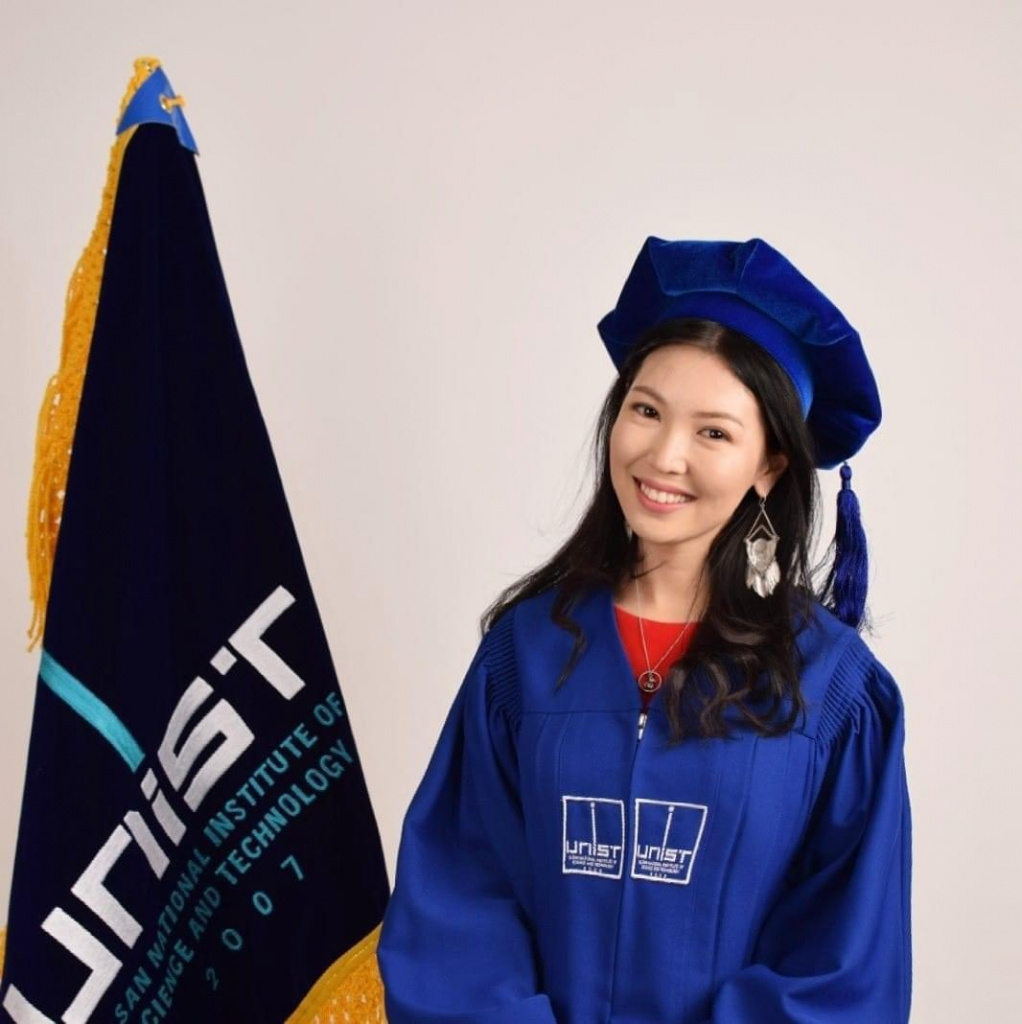
The University has taught me a lot. When I arrived, I was young, my vision of life was still being formed, I had a lot of stereotypes about people. But I made friends from different countries and realized that we can be different and each has its truth.
Who is a UNIST student
Everyone thinks that if a native of Central Asia studies at UNIST, then most likely he/she is from a Turkish Lyceum. This is a stereotype, and children from other schools also enter and study here.
There is a stereotype that it is impossible to enter UNIST without taking part in international subject Olympiads. This is partially true, but do not forget about worthy students of recognition of their achievements even without certificates.
There is a stereotype that everyone in a technical University is introverted. UNIST destroys it by the fact that students are interested in diverse development from participation in cultural events to various hobbies. In particular, Kyrgyz who graduated from Korea are excellent cooks. The reason is that not everyone likes Korean food.
UNIST students have an entrepreneurial spirit
UNIST students have an entrepreneurial spirit. The University has created conditions for them to study and develop, and they are also trying to open their own business in the future, where employees will feel comfortable working.
About the alumni community
This year, the University has received many Kyrgyzstanis. I communicate with my compatriots and help with tickets. I keep in touch with graduates in groups on social networks.
UNIST KG Family is a group where we celebrate the achievements and news of our compatriots. We meet them in our country and spend time with them. We have many joint projects: we organized a Kurultai of Kyrgyz students, then opened an organization in Malaysia and Europe.
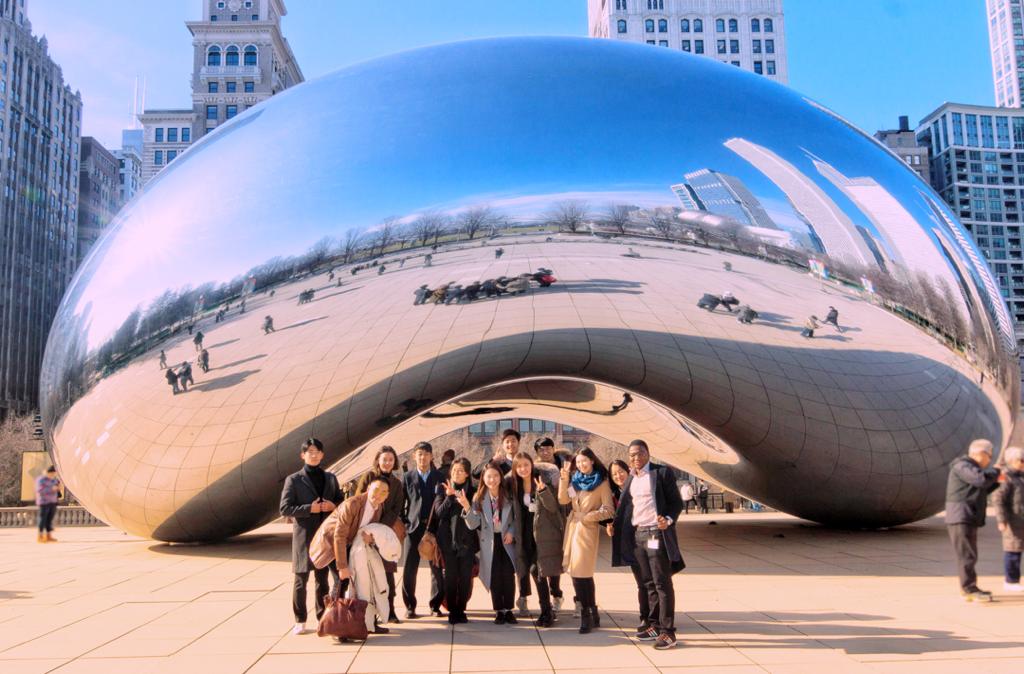
About the work
My husband and I run our own consulting company, Ask Consulting. We help young people to enroll and study abroad. At the same time, we are preparing for TOEFL and IELTS courses at the family language school and will soon start preparing for GRE/GMAT. It is necessary for those who enter the master's program.
About the plans
This year, UNIST supported the idea of twenty Kyrgyz schoolchildren traveling to Korea and taking courses. We are now planning to implement this project.
Islam Talapbayev, 26 years old, senior product manager, city — Nur-Sultan, Linkedin
About admission
I graduated from UNIST in 2016. In Kazakhstan, I studied at the Kazakh-Turkish Nur-Orda Lyceum. I liked the IT field, and for three years I was involved in the programming Olympiad. After the presentation of UNIST at school, I decided to take a chance, applied, and entered.
UNIST is focused on teaching science. For a good start, you need skills in mathematics, chemistry and physics, biology, computer science, and other basic knowledge. I was lucky that the Lyceum built the right foundation that helped me adapt and continue my education. But despite this, I also experienced difficulties that nurtured my character.
Therefore, students at UNIST have three paths. The first is to study and earn money being independent to pay for your studies, and the second is to study for free while interning, doing projects, and the third is when you stop going further and remain without the status of a student. There were many such cases.
Like any new University, UNIST follows big ambitions. By 2020, it has implemented a plan to enter the top twenty universities in research. Students are also trained to become leaders: we were obliged to take social disciplines: society and culture, leadership. As a student, they seemed insignificant subjects to me, but now I understand that these drops of knowledge help to make decisions. For techies, the ability to communicate with other people, show leadership qualities, and other soft skills are important in life and work.
About the atmosphere
I was one of the first Kazakhs in Ulsan to join UNIST. Therefore, I easily merged with foreign students who were friendly and friendly with me. I felt comfortable in the circle of my native brothers Kazakhs, with whom I acted together. There were thirteen of us. We lived in three houses, met often, played football, and had tea every day and discussed work, life, and school. If the day went badly, then in the evening during such meetings they forgot about unpleasant moments and received support. Thanks to this friendship, I realized how important it is to preserve identity and values such as sincere friendship and shared culture.
As a student, I paid great attention to projects. I became president of the Association of International Students, worked, interned at seven companies, such as PwC, and created startup projects. I participated in sports clubs: basketball, football, and rowing, of which I became president. Then I began to understand that I also have organizational skills and leadership.
Therefore, I tried different and new classes, but my grades were low. At first, in order not to lose the grant, I studied hard, but later I looked for other ways out part-time work, assistance to a Korean company in marketing materials for Russia, Kazakhstan, translations, and taught children English. It covered my school expenses and helped me understand what I wanted. UNIST taught me life, and I grew in my eyes.
Who is a UNIST student
In Ulsan, it is easy to recognize a UNIST student: it is a modern, smart, and well-mannered person. The Korean school of life teaches polite treatment, respect for culture, and tact. They try to avoid conflict situations.
In Ulsan, it is easy to recognize a UNIST student: it is is a modern, smart and well-mannered person
About the alumni community
We communicate well with our compatriots from UNIST. When we lived and worked in Korea, we often gathered, help with employment, and sent letters of recommendation to each other. We continue to maintain this attitude and respect to this day.
The UNIST Alumni Association has been created for graduates. It was founded by compatriots Dulat and Alikhan to share information and advice with young students.
About the work
I work for BTS Digital. This is a large startup company in Kazakhstan with a staff of five hundred people. I am a senior product manager, head of the DosMart cashback service, which provides people with the opportunity to make profitable purchases. We help the Ministry of Trade control prices for socially important goods. I have over forty people on my team.
About the plans
I lived in Korea for eight years and ran my own business. In February of this year, I returned to Kazakhstan, as I realized that it was possible and time to return. I plan to raise the product that our team is engaged in.







